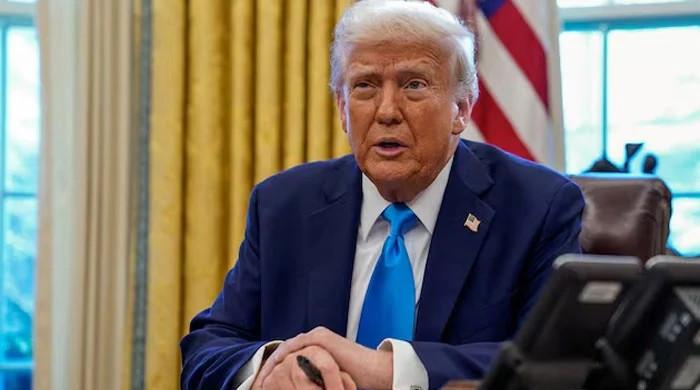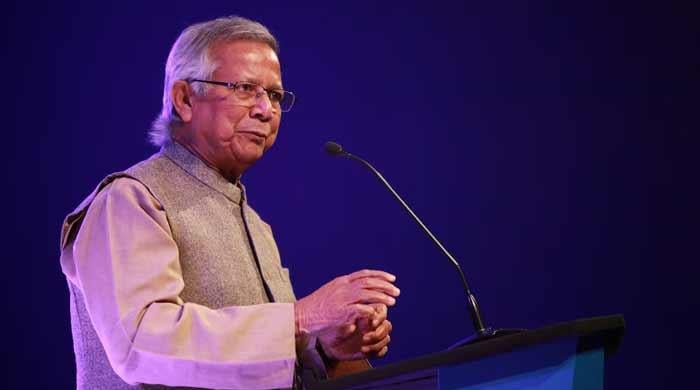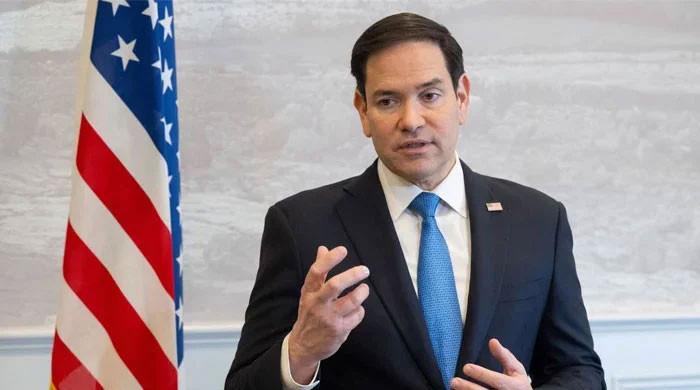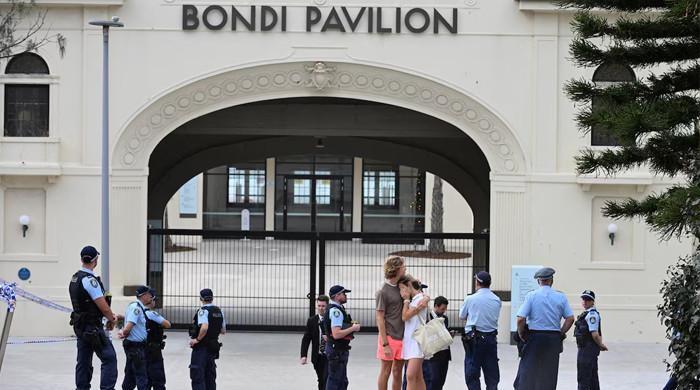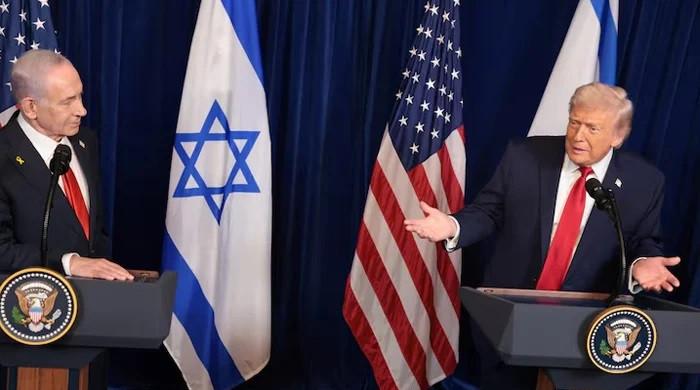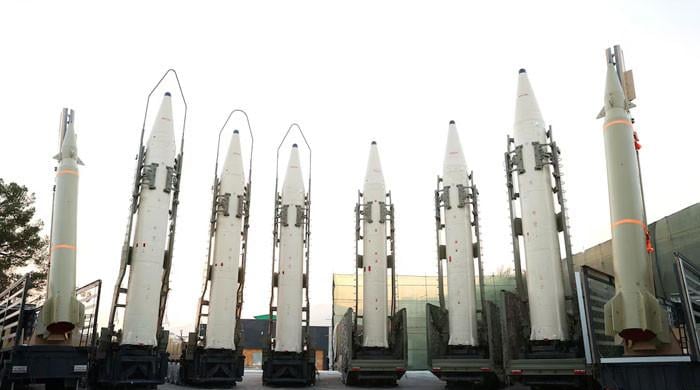Fumio Kishida officially elected Japan's 100th prime minister
New Japan PM eyes general election on October 31 amid fall in COVID-19 cases
October 04, 2021
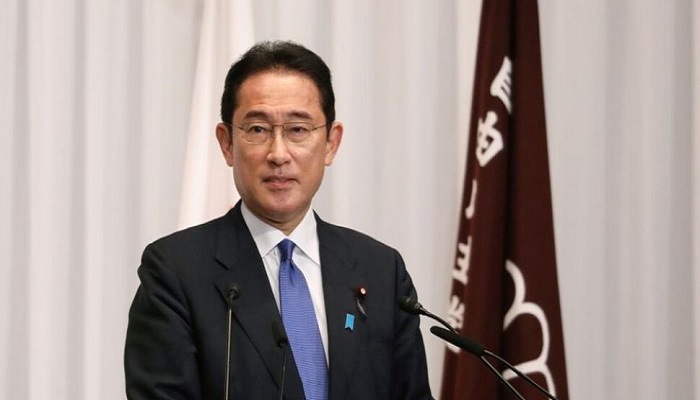
- Kishida formally becomes Japan's 100th prime minister
- New PM eyes general election on Oct 31 amid fall in COVID cases
- Pandemic-related policies, extra budget promised under new govt
TOKYO: Fumio Kishida was officially elected as Japan's 100th prime minister on Monday after winning a majority of votes in both houses of parliament.
The new cabinet members under Kishida, who succeeds Yoshihide Suga, are due to be announced later in the day.
Japan's new prime minister exchanged fist bumps with lawmakers after he was formally elected by parliament on Monday, as public broadcaster NHK said he was set to dissolve the body next week and call an election for Oct 31.
The surprise move, amid widespread expectations for a poll in November, appears to be aimed at exploiting a traditional honeymoon period accorded to new governments and a sharp drop in the number of coronavirus infections.
Outgoing prime minister Yoshihide Suga enjoyed support ratings of about 70% soon after taking office about a year ago, but was pummelled by criticism of his handling of the pandemic, leading him to make way for a new face to lead the ruling Liberal Democratic Party (LDP) through the election.
Kishida, 64, a former foreign minister with an image as a low-key consensus builder, beat out three contenders last week to lead the party and will become prime minister as it has a majority in parliament.
He is set to dissolve parliament on Oct. 14 and will announce the election in his first news conference as prime minister later on Monday, NHK television said.
The ruling party's new secretary-general, Akira Amari, told reporters that while he had not heard anything for certain, he believed Kishida would move in that direction.
"Kishida's not wasting any time at all," Tobias Harris, a senior fellow of the Center for American Progress, said on Twitter.
"October 31 puts the opposition on its heels, takes advantage of a honeymoon in the polls, plus a better chance of lower case numbers."
Harris added, "If he wins comfortably in the general election and can hold things together well enough to win the upper house elections next year, he'll have up to three years without an election."
Kishida's poll decision was probably influenced by not wanting to repeat a mistake made by Suga, who did not call an election when his backing was still strong, analysts said.
"I believe he aims to hold the election before the general atmosphere (towards the new cabinet) turns cold," said Zentaro Kamei, a senior fellow at the PHP Institute.





